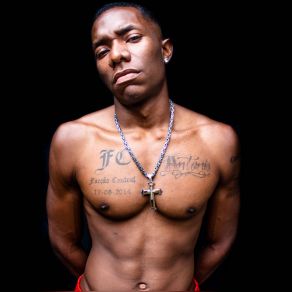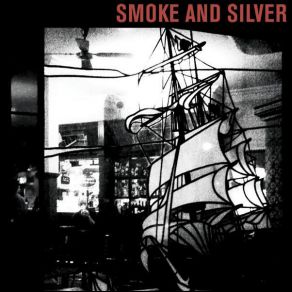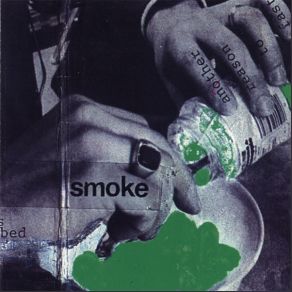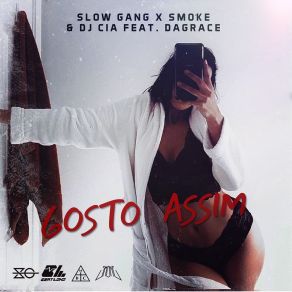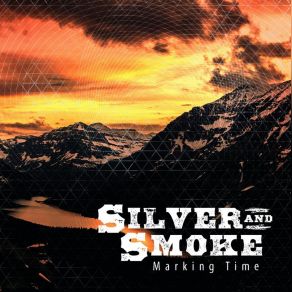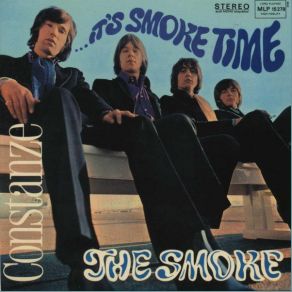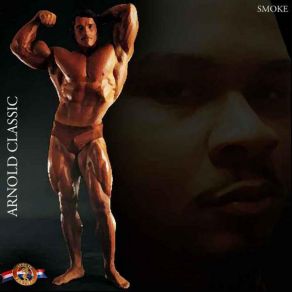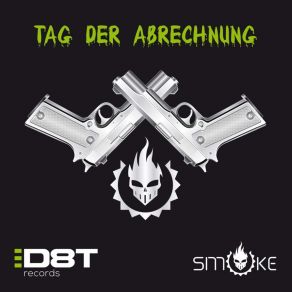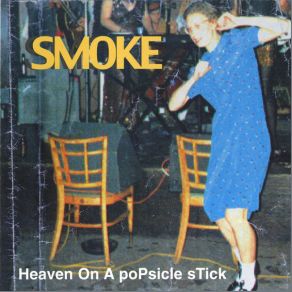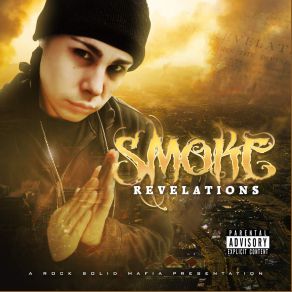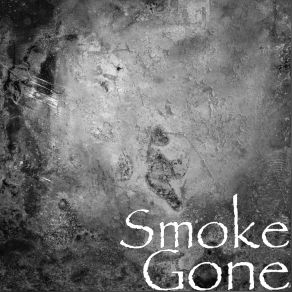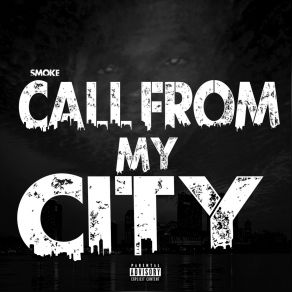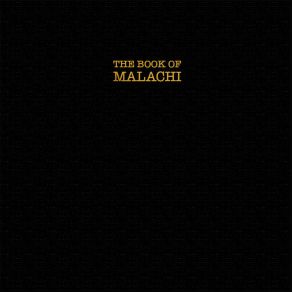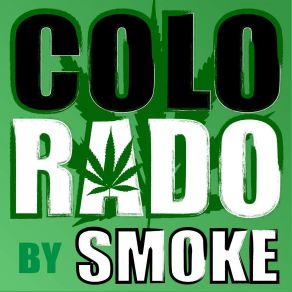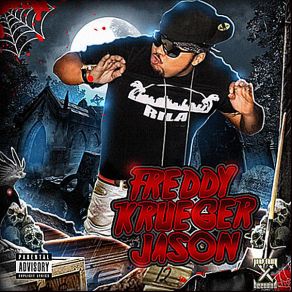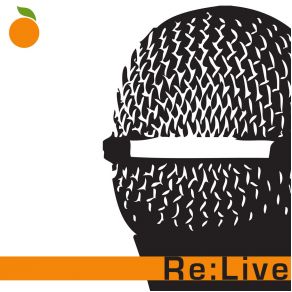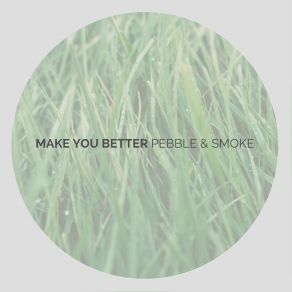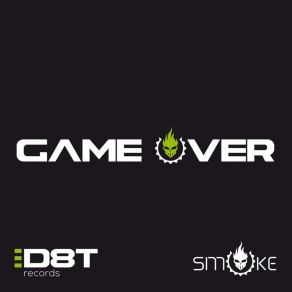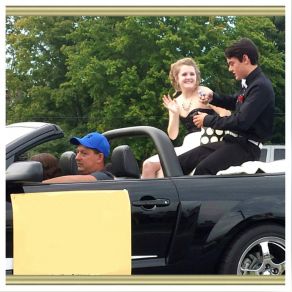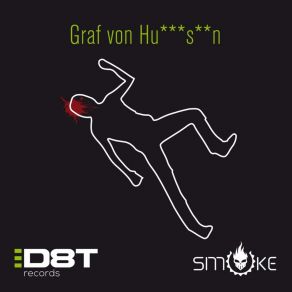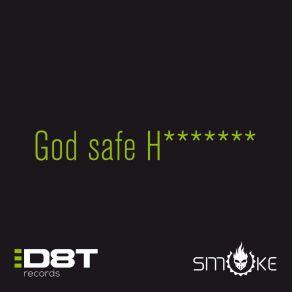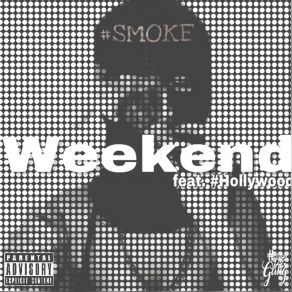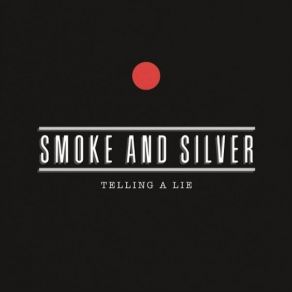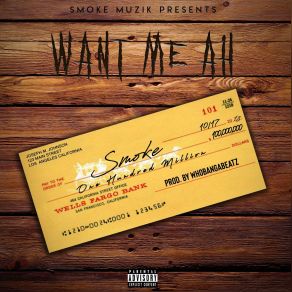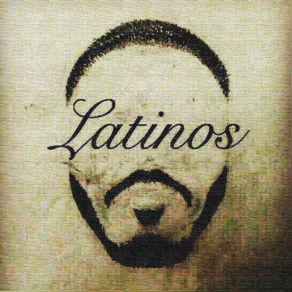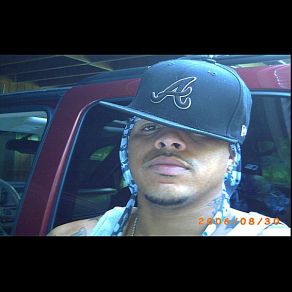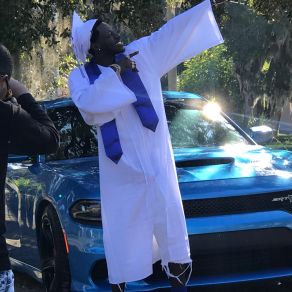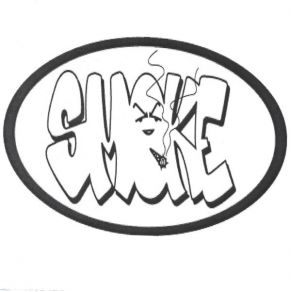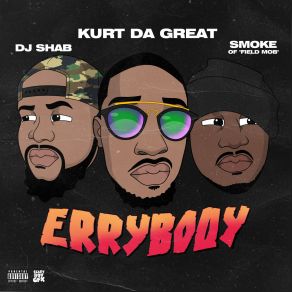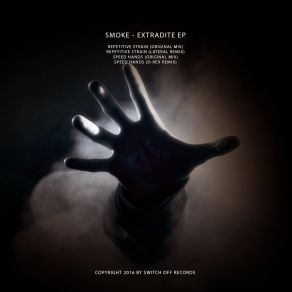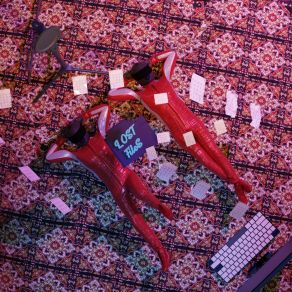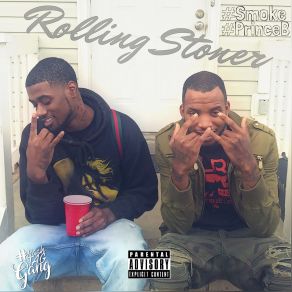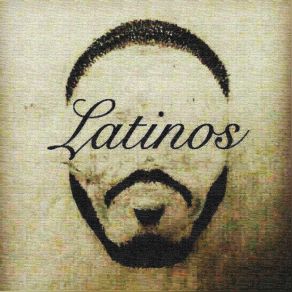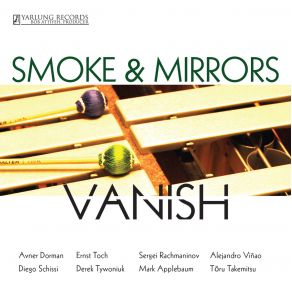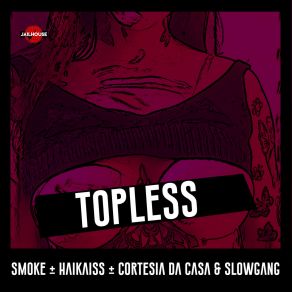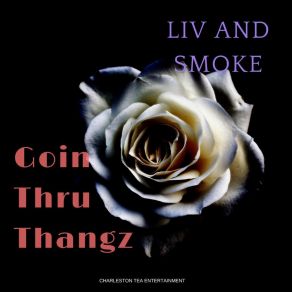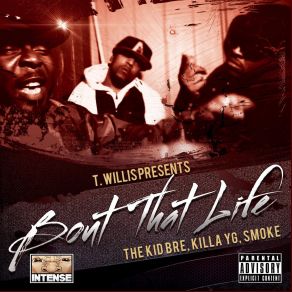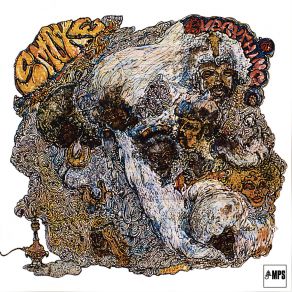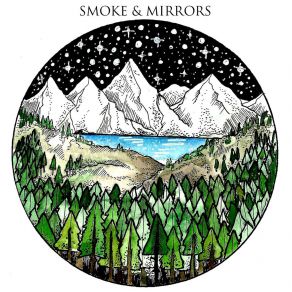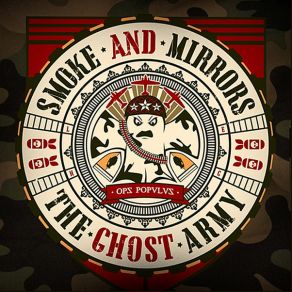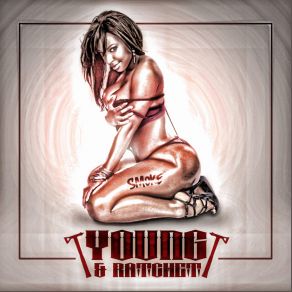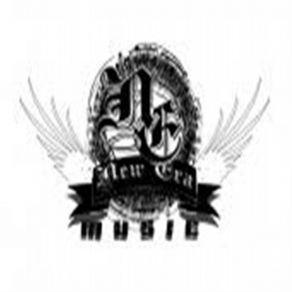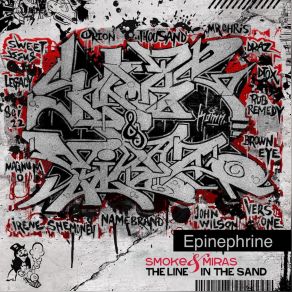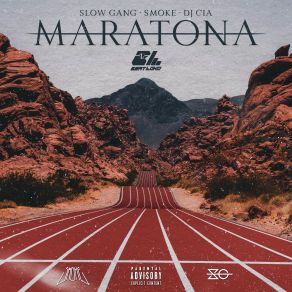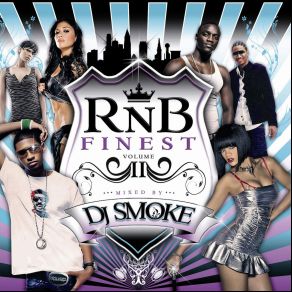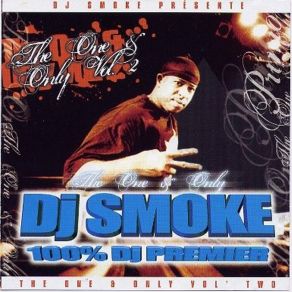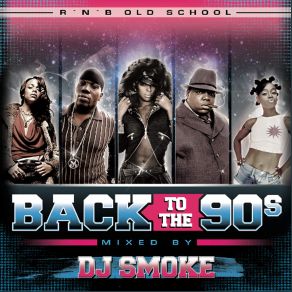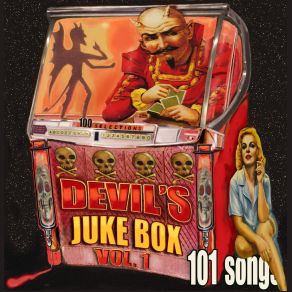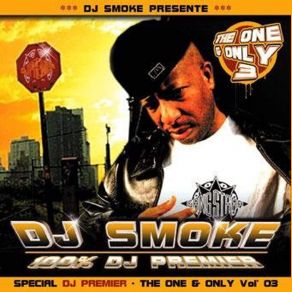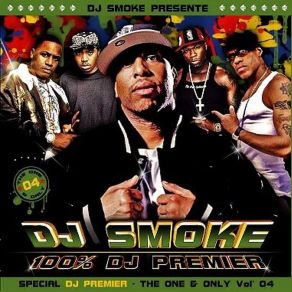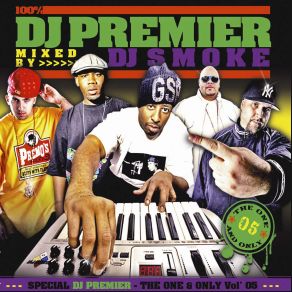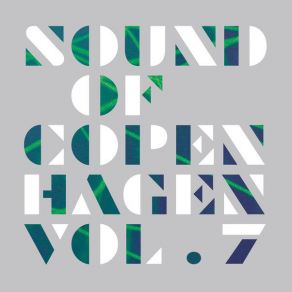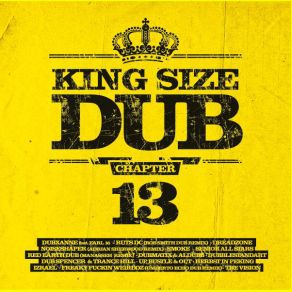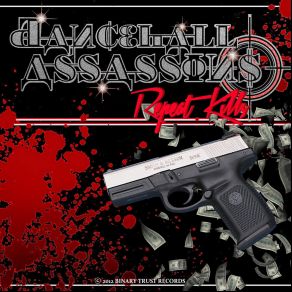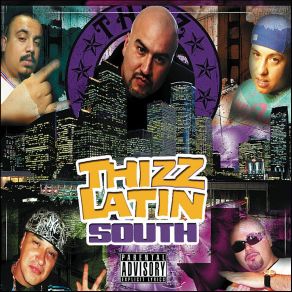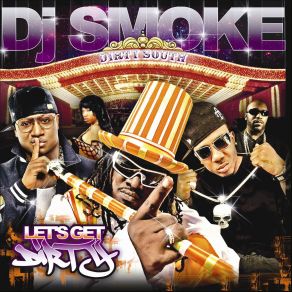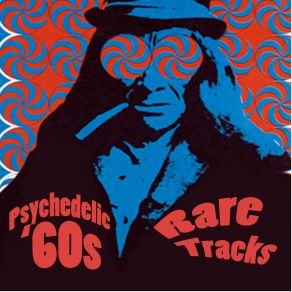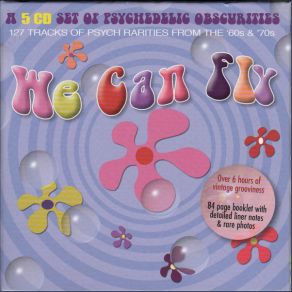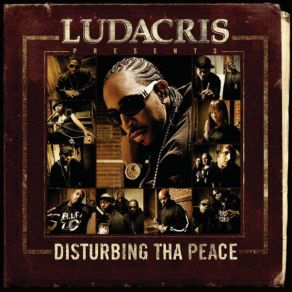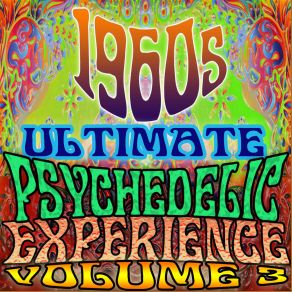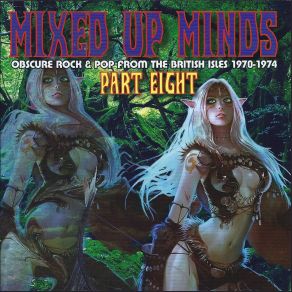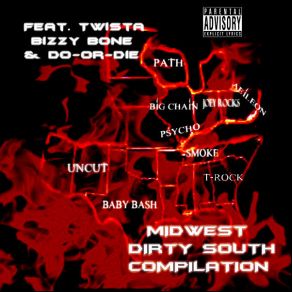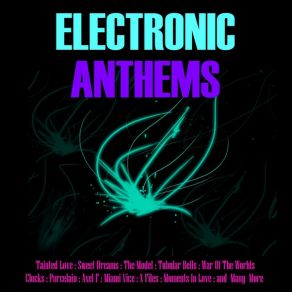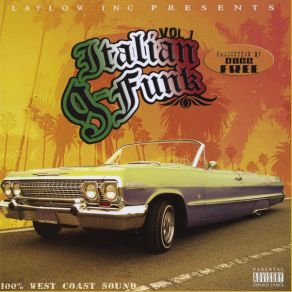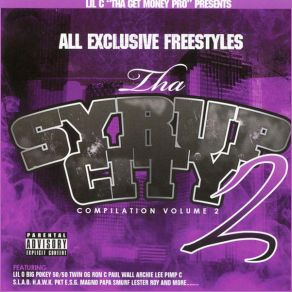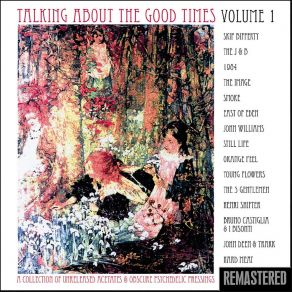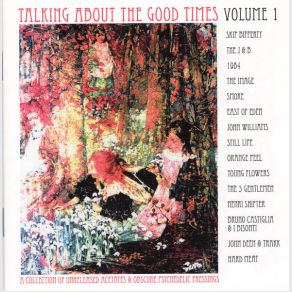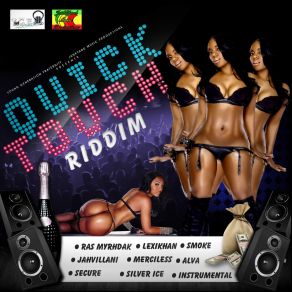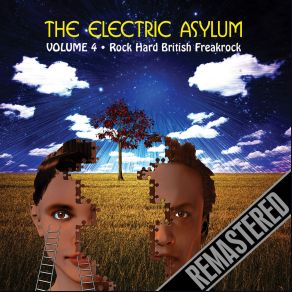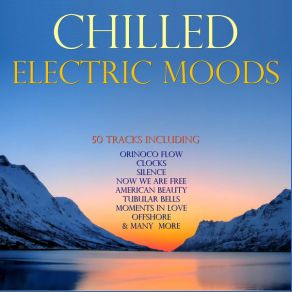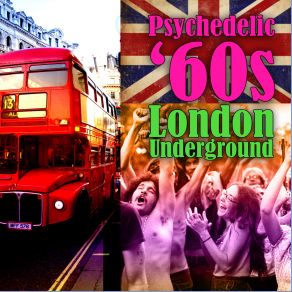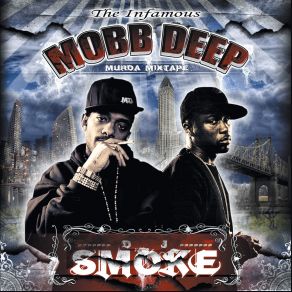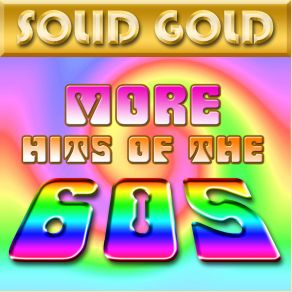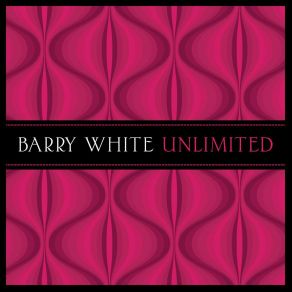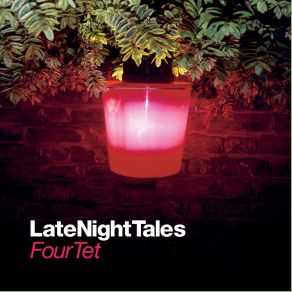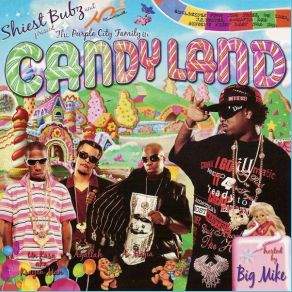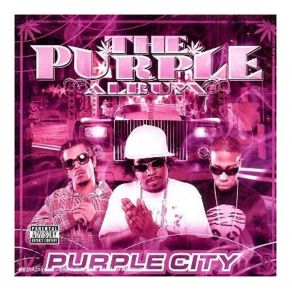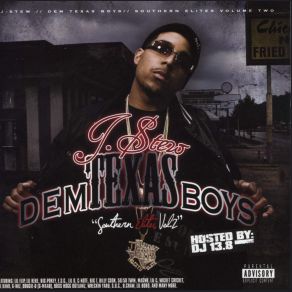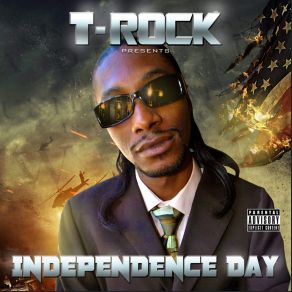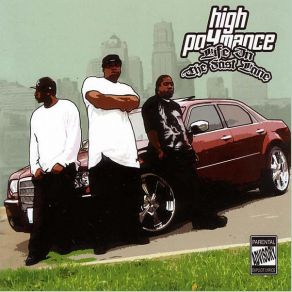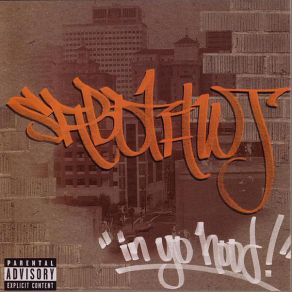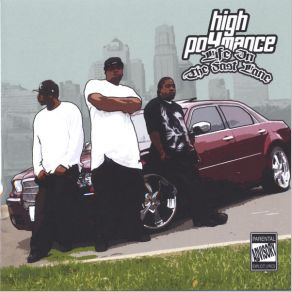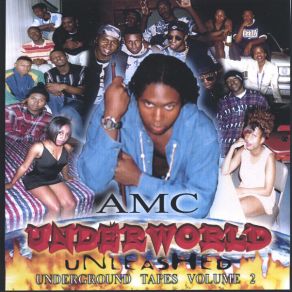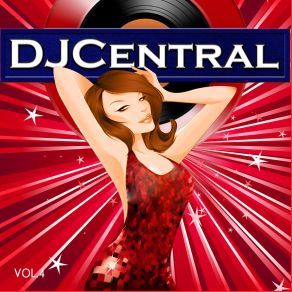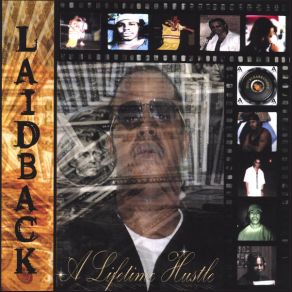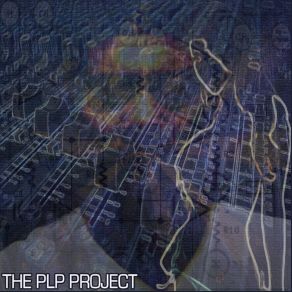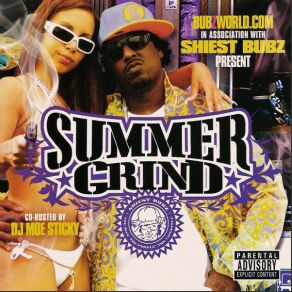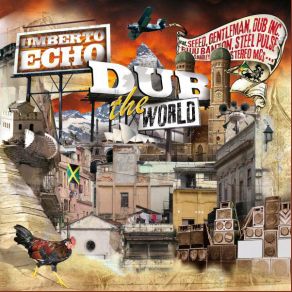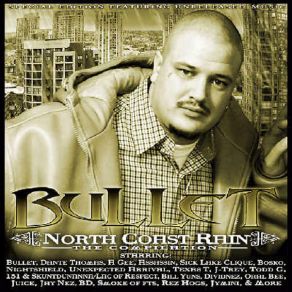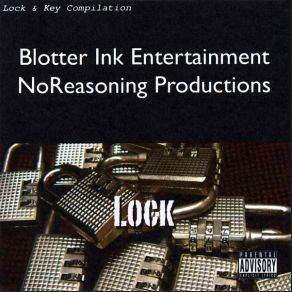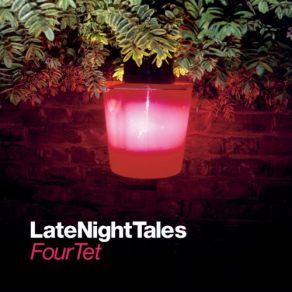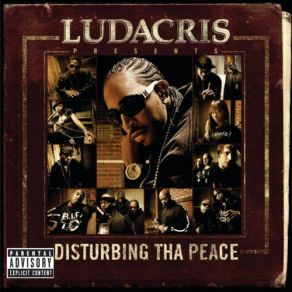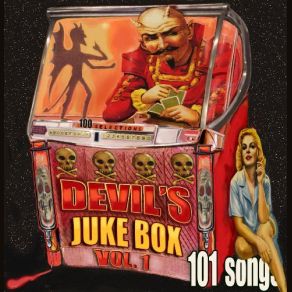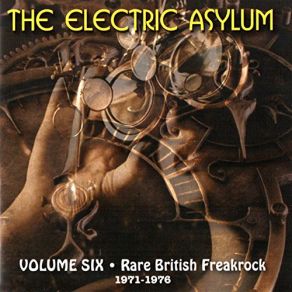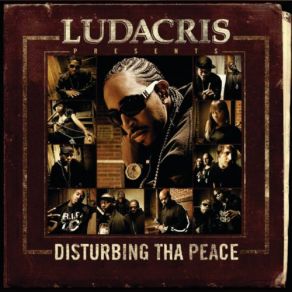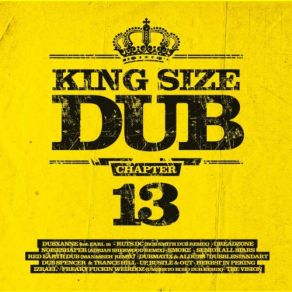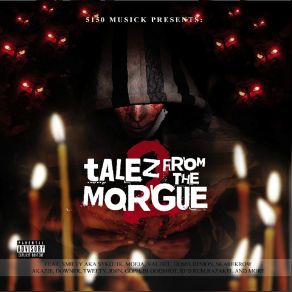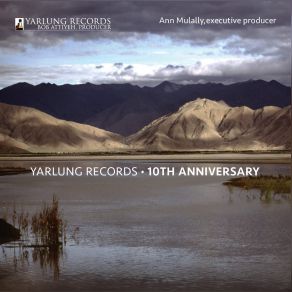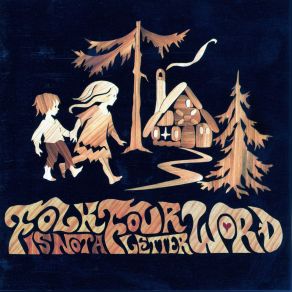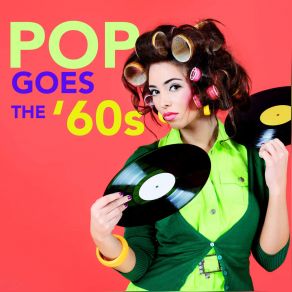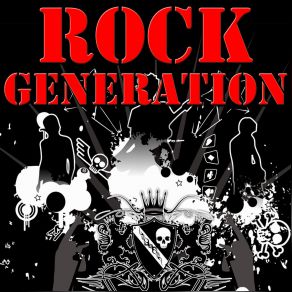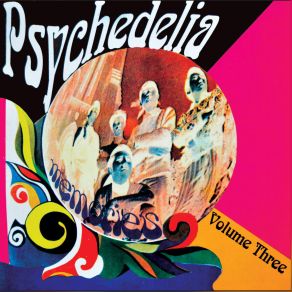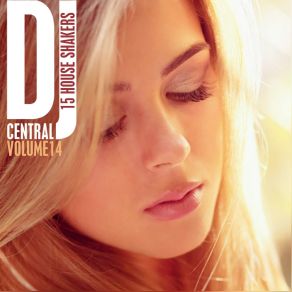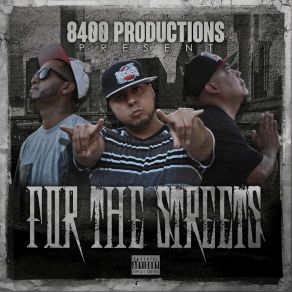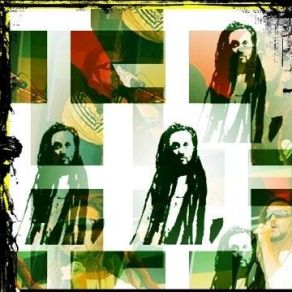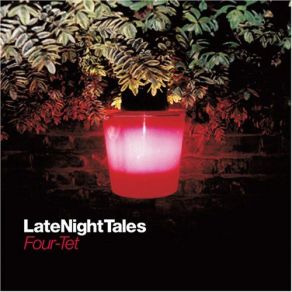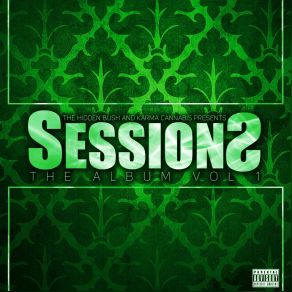The Smoke
Wikimp3 information about the music of The Smoke. On our website we have 70 albums and 70 collections of artist The Smoke. You can find useful information and download songs of this artist. We also know that The Smoke represents Rock genres.
Biography
[Edit]More than any other band, the Smoke epitomized the groove of Swinging London — which was especially ironic when one considers that, at the height of their success, they sold more records in Europe than England. Their sound fell somewhere between mod and the Beatles — their instrumental attack was somewhat Who/Small Faces-like, yet they delighted in cheerful vocals and infectious harmonies and melodies. Only slightly popular on their home turf, and unknown in the U.S., their biggest success was in Germany (oddly enough, for such a British-sounding group). The band hailed from York, where bassist Zeke Lund and lead guitarist Mal Luker began playing together in a band called Tony Adams & the Viceroys, whose lineup eventually came to include drummer Geoff Gill. Though the band was successful locally, enjoying a decent fan base with a solid, basic rock & roll sound, built on early-'60s songs, Lund, Luker, and Gill could hear the changes going on around them in music, with the rise of Merseybeat and the blues, R&B, and soul-based music coming out of London. They eventually decided to strike out on their own, playing a more ambitious repertory. They linked up late in 1964 with singer Mick Rowley and rhythm guitarist Phil Peacock, refugees from a band called the Moonshots. The resulting band, the Shots, played a hard brand of R&B, similar to what the Small Faces were doing — they were taken on as clients by Jack Segal and Alan Brush, a pair of London-based agents (Segal had the know-how, Brush the financing), who fronted them money for rehearsals and equipment, and got them signed up with independent producer and music publisher Monty Babson, who cut four sides with the group, two of which were issued as a single under license to EMI-Columbia. It was at just about that time that events began breaking against the band — they lost Phil Peacock, who wasn't comfortable with the more complex sounds the rest of the band were interested in generating, and they lost their financing. They gamely decided to carry on as a quartet, the single-guitar configuration lending itself to an edgier sound, and sought new backing.
That was how they ended up in a bizarre management situation, when they were offered a seeming rescue by a pair of twin London-based entrepreneurs, Ron and Reg Kray. Renowned today the world over as notorious gangsters, the Kray brothers have been immortalized in books, including Profession of Violence and Reg's own autobiography Born Fighter, and one feature film (The Krays), and were even memorably satirized in one Monty Python sketch ("The Piranha Brothers"). They were among the top crime kingpins in London at the time, and among their other enterprises, they had an interest in a few clubs, and thought at one point that a more direct participation in the entertainment business might prove lucrative. (And yes, it sounds funny to read it, or even to write it, but that is exactly how Morris Levy, an American gangster and club owner, came to go into the record and publishing business in New York, and ended up founding Roulette Records). Thus, they signed the group and became the Shots' managers, but were never able to do anything with them in terms of bookings — strong-arming clubs for "protection" money was more their specialty than lining up engagements. The band decided to abandon the contract, and when they were served with an injunction, they were left unable to perform.
As luck would have it, however, they still had a publishing and recording contract with Babson and access to his studio, and so they took advantage of their ban on performing by writing and making records. Indeed, thanks to the fact that they were barred from performing as a band, the Shots probably had more free time to write and record than any working group in England (even the Beatles were touring in those days, though not for much longer). It was during this period that they also decided to change their name, dropping the Shots — no one remembered the Moonshots by this time, anyway — in favor of the Smoke. One of the songs they came up with was "My Friend Jack," a mod-flavored psychedelic number authored by Rowley and Gill. With its march beat and mix of shimmering and crunchy reverb-laden guitar, it was a catchy, striking, aggressively trippy work — in America, it would've been called psychedelic punk — that now seems like the most delightfully subversive piece of freakbeat, somewhere midway between the Who's power-chord-drenched teen anthems and the trippy cheerfulness of, say, "Dr. Robert" by the Beatles. Its drug references were so potent that the song had to be rewritten before EMI would touch it; released in February of 1967 — a period in which "Penny Lane" and "Strawberry Fields Forever" were as challenging or ambitious as the label wanted to be — the single only made it to number 45 before being banned by the BBC, limiting it to three weeks on the U.K. charts. In Europe, however, the record soared; the group were also fortunate enough to appear on an installment of the German television show Beat Club, alongside Jimi Hendrix, the Who, and Cliff Bennett & the Rebel Rousers. "My Friend Jack" ended up riding the German pop charts to the top, and earned the Smoke a place on a tour with the Small Faces and the Beach Boys.
They were now stars, although not in the place they'd expected to be. The single charted high in Switzerland, France, and Austria as well, and suddenly there was demand for a Smoke LP in Germany. They delivered this in the form of It's Smoke Time, comprised of the best of the year-old tracks recorded for Babson in the spring, summer, and fall of 1966. The band actually relocated to Germany, while continuing to release records in England — their recording contract was sold to Chris Blackwell in late 1967, and he soon took over their management as well; they were free of their obligations to the Krays by then (who had, in any case, been distracted by a gang war and a prosecution). They cut some fine psychedelia and crossed paths with the members of Traffic in the studio during this period. The end came out of a degree of weariness, after five years of work and perhaps the sincere belief that they'd already enjoyed most of the fruits of their brief pop stardom — they declined to obey a Blackwell summons to return to England for a recording session, and that marked the effective end of their history, at least as a classic British beat/freakbeat outfit. Mick Rowley remained in Germany, where, as the voice and frontman for the band, he had a natural following. Luker, Gill, and Lund did finally return home and went to work for Babson's Morgan Studios, working in various bands within Babson's orbit, including Blue Mink, Orange Bicycle, and Fickle Pickle. A latter-day version of the Smoke — principally organized around Zeke Lund — surfaced in a distinctly '70s mode early in the ensuing decade but made no great impression on anyone. Meanwhile, "My Friend Jack" lingered in the memory of music mavens for its cheerful brand of psychedelic punk, and even It's Smoke Time — an incredible obscurity outside of Germany — enjoyed a reputation as one of the most cheerful records ever made. By the mid-'90s there were reissues of the single and the LP on CD, and in 2002 a comprehensive double CD of the complete work of the '60s and '70s versions of the band was available. ~ Richie Unterberger & Bruce Eder, Rovi
Title: Sedated (Expensive Habits) [feat. MegaMan & K Duse] - Single
Artist: The Smoke
Genre: Hip Hop/R&B, Rap, Soul
Title: Gosto Assim (feat. Dagrace) - Single
Artist: The Smoke, DJ Cia, Slow Gang
Genre: Hip Hop/R&B, Rap
Title: Marking Time - EP
Genre: World Music, Alternative, Songwriter/Lyricist
Title: Make You Better - Single
Genre: World Music, Songwriter/Lyricist, Folk
Title: God safe the H...... (Clubversion) - Single
Artist: The Smoke
Genre: Dancefloor, Dance Pop, Hardcore
Title: Парень, люби - Single / Paren', lubi - Single
Artist: The Smoke, The Latinos
Genre: Hip Hop/R&B, Rap
Title: Blood And Fire
Artist: The Shadows, The Smoke
Genre: Rock, Punk, Punk Rock, Metal, Heavy Metal, Alternative
Title: Topless (feat. Slow Gang) - Single
Artist: The Smoke, Haikaiss, Cortesia Da Casa
Genre: Hip Hop/R&B, Rap
Title: Wir sind wieder da (Club Version) - Single
Artist: The Smoke
Genre: Dancefloor, Dance Pop, Hardcore
Title: O Dobro ou Nada - Single
Artist: The Smoke, Qualy, Bitrinho, Damassaclan, Côvero / Covero
Genre: Hip Hop/R&B, Rap
Collections
Title: RnB Finest 2
Genre: Hip Hop/R&B, Rap
Title: The One & Only 2
Genre: Hip Hop/R&B, Rap
Title: Defqon.1 2014
Genre: Dancefloor, Dance Pop
Title: Back To the 90'S
Genre: Hip Hop/R&B, Rap
Title: Devil's Jukebox: Taboo 60s
Genre: Rock
Title: The One & Only 3
Genre: Hip Hop/R&B, Rap
Title: The One & Only 4
Genre: Hip Hop/R&B, Rap
Title: The One & Only One
Genre: Hip Hop/R&B, Rap
Title: Sound of Copenhagen, Vol. 7
Genre: Electronica
Title: King Size Dub Vol.13
Genre: Reggae
Title: Garage Rock Hits
Genre: Rock
Title: Dancehall Assassins
Genre: Electronica, Hip Hop/R&B, Rap
Title: Cuss Fix Riddim
Genre: Reggae
Title: 1960's Ultimate Psychedelic Experience, Vol. 2
Genre: Rock
Title: Thizz Latin South
Genre: Hip Hop/R&B, Rap
Title: Let's Get Dirty
Genre: Hip Hop/R&B, Rap
Title: Psychedelic '60s - Rare Tracks
Genre: Rock, Psychedelic
Title: We Can Fly
Genre:
Title: Psychedelic '60s - Rare Tracks
Genre: Rock
Title: 1960's Ultimate Psychedelic Experience, Vol. 3
Genre: Rock
Title: Out of the Box II
Title: Mixed Up Minds Part 8
Genre: Rock
Title: Garden Blocc Presents Blocc Love
Genre: Hip Hop/R&B, Rap
Title: Intense the Street Album (T. Willis Presents)
Genre: Hip Hop/R&B, Rap, Soul
Title: Midwest Dirty South Compilation
Genre: Hip Hop/R&B, Rap
Title: Electronic Anthems
Genre: Electronica, Pop
Title: Staggaroc Riddim
Genre: Reggae
Title: Italian G-Funk, Vol.1
Genre: Hip Hop/R&B, Rap
Title: EverStoned Productionz: Ein neuer Anfang
Genre: Hip Hop/R&B, Rap
Title: Endless Riddim
Genre: Reggae
Title: Clubmixed Electronica, Vol. 1
Genre: Electronica
Title: Electro Full Tune (Gold Selections)
Genre: Dancefloor, Dance Pop
Title: Joe Keyz Riddim
Genre: Hip Hop/R&B, Rap, Reggae
Title: Too Nice Riddim
Genre: Reggae
Title: The Syrup City Compilation Volume 2
Genre: Hip Hop/R&B, Rap
Title: Talking About the Good Times Volume 1 - Remastered
Genre: Rock
Title: Talking About The Good Times - Volume 1
Genre:
Title: The Electric Asylum - Volume 4
Genre:
Title: Rebirth of the Heavy, Vol. II
Genre: Rock
Title: Quick Touch Riddim
Genre: Reggae
Title: Ambient Not Not Ambient
Genre: Electronica
Title: Full Room Records Summer 2012
Genre: Dancefloor, Dance Pop
Title: The Electric Asylum Volume 4 (Remastered)
Genre: Rock
Title: Chilled Electric Moods
Genre: New Age, Electronica
Title: Memories, Pt. 2
Genre: Hip Hop/R&B, Rap
Title: Night Owls 1: Nocturnal Doctrine
Genre: Hip Hop/R&B, Rap
Title: Psychedelic '60s - London Underground
Genre: Rock, Psychedelic
Title: Good Morning Riddim
Genre: Reggae
Title: Love Bum Riddim
Genre: Reggae
Title: Hip-Hop Under Construction
Genre: Hip Hop/R&B, Rap
Title: The Murda Mixtape
Genre: Hip Hop/R&B, Rap
Title: It's Weezy Baby
Genre: Hip Hop/R&B, Rap
Title: Marseille Rap 2010
Genre: Hip Hop/R&B, Rap, Pop
Title: Final Fight Streetwise (Soundtrack)
Genre: Hip Hop/R&B, Rap, Theatre/Soundtrack
Title: A Perfumed Garden, Vol. 1
Genre: Alternative
Title: Sing Don't Speak
Genre: Rock
Title: Rock Classics: The Wings of an Angel
Genre: Rock
Title: Solid Gold - More Hits of the 60's
Genre: Pop
Title: Let's Get Dirty, Vol. 2
Genre: Hip Hop/R&B, Rap
Title: Yarlung Records - The First Seven Years
Genre:
Title: The Best of Frenchkiss Records
Genre: Rock
Featuring albums
Title: Unlimited
Artist: Barry White
Genre: Trance, Hip Hop/R&B, Soul, Dancefloor, World Music, Disco, Dance Pop
Title: Late Night Tales: Four Tet
Artist: Four Tet
Genre: Electronica, Hip Hop/R&B, Rap, Jazz, Rock, Progressive Rock, Dancefloor, Dance Pop, Psychedelic
Title: Dub the World
Artist: Umberto Echo
Genre: Electronica, Jazz, Dancefloor, Reggae, Dub, Dance Pop
Title: Sex & Money Compilation Volume One
Artist: Stan Ivory, Da Wood
Genre: New Age, Hip Hop/R&B, Rap, Jazz
Title: The Lock & Key Compilation - Key
Artist: Blotter Ink Entertainment / NoReasoning Productions
Genre: Hip Hop/R&B, Rap
Title: The Lock & Key Compilation - Lock
Artist: Blotter Ink Entertainment / NoReasoning Productions
Genre: Hip Hop/R&B, Rap
Title: Ludacris Presents...Disturbing Tha Peace (Explicit Version)
Artist: Disturbing Tha Peace, Ludacris
Genre: Hip Hop/R&B, Rap, Hardcore
Title: Ludacris Presents...Disturbing Tha Peace (Edited Version)
Artist: Disturbing Tha Peace, Ludacris
Genre: Hip Hop/R&B, Rap
Title: 5150 Musick Presents - Talez From the Morgue 2
Artist: Various Artists
Genre: Hip Hop/R&B, Rap
Title: Garage Rock Hits, Misses & Underground Classics
Artist: Various Artists
Genre: Rock, Rock & Roll
Title: Hardstyle Judgement Day, Vol. 2 (Evil Thunderstruck of Bass)
Artist: Various Artists
Genre: Trance, Dancefloor, Dance Pop
Title: Hunterz of Hardstyle, Vol.2 (The Hard Dance Collection)
Artist: Various Artists
Genre: Trance, Dancefloor, Dance Pop
Title: Extra Hardstyle Compilation, Vol. 5
Artist: Various Artists
Genre: Dancefloor, Dance Pop, Hardcore







